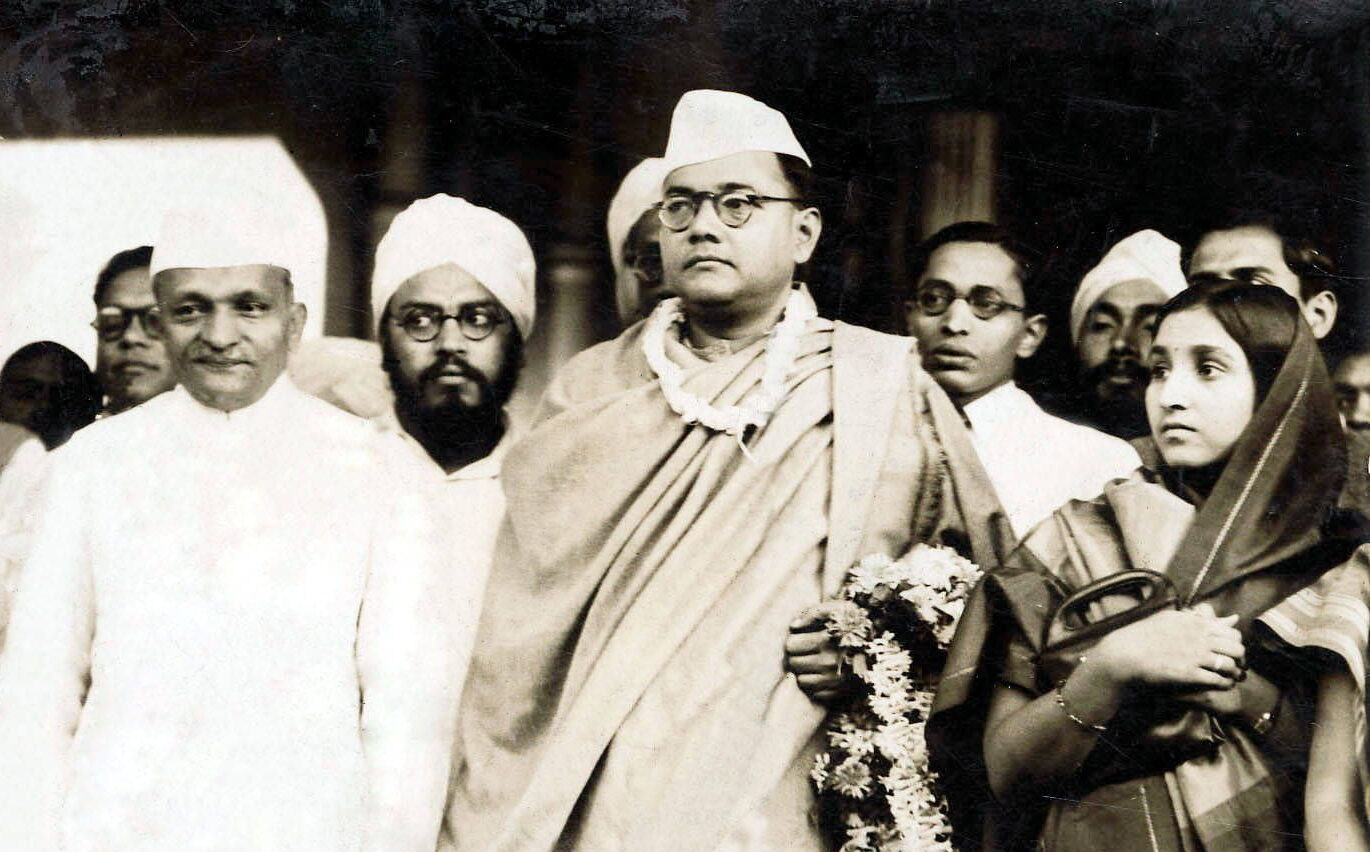This year marks the 127th Birth Anniversary of Netaji Subhash Chandra Bose.
Introduction:
Netaji Subhas Chandra Bose, born on January 23, 1897, in Cuttack, Odisha, emerged as a central figure in India’s fight for independence. His life was marked by resilience, determination, and a relentless pursuit of freedom. This article delves into the significant chapters of Netaji’s life, shedding light on his contributions to the independence movement.
Early Life and Education:
Coming from a distinguished family, Bose was the ninth child of Janakinath Bose and Prabhavati Devi. A brilliant student, he completed his BA in Philosophy from the Presidency College in Calcutta. His academic excellence took him to England for the Civil Services Examination, where he not only excelled but also topped in English, securing the fourth position overall.
Political Awakening:
Despite his success in the civil services examination, Bose’s heart was drawn to the call for India’s independence. Influenced by the freedom movement, he joined the Indian National Congress and became an active participant in the struggle against British colonial rule. His political awakening marked the beginning of a journey that would shape the destiny of the nation.
Leadership and Indian National Army:
Netaji’s leadership qualities came to the forefront during his tenure as the Congress President in 1938 and 1939. However, his differences with Mahatma Gandhi and the Congress leadership led him to resign and seek support from Axis powers during World War II. During this period, he formed the Indian National Army (INA) with the aim of liberating India from British rule.
Also Read: PM Modi announces rooftop solar scheme after Ram Mandir inauguration
The Azad Hind Fauj:
Under Netaji’s charismatic leadership, the Azad Hind Fauj, or the INA, played a crucial role in challenging British supremacy. The famous battle cry “Dilli Chalo” resonated as the INA marched towards India. Although the INA faced challenges and setbacks, its impact on the psyche of the Indian population and the British cannot be underestimated.
Legacy and Impact:
Netaji Subhas Chandra Bose’s mysterious disappearance in 1945 remains a topic of debate, but his legacy endures. His contributions to India’s struggle for independence, the establishment of the INA, and his visionary leadership have left an indelible mark on the nation’s history.
Conclusion:
Netaji Subhas Chandra Bose’s life exemplifies the courage and determination required to challenge oppression. His commitment to the cause of Indian independence and his leadership qualities make him a revered figure in the country’s history. As we commemorate Netaji’s Jayanti, we honor his legacy and continue to draw inspiration from his unwavering dedication to the idea of a free and sovereign India.
